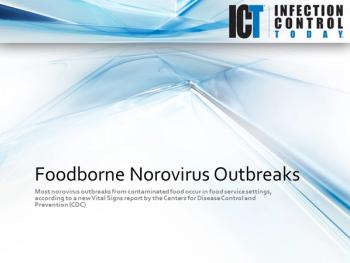
News















As of May 28, 2014, a cumulative total of 291 clinical cases of EVD, including 193 deaths have been reported. The classification of these cases and deaths are as follows: confirmed, 172 cases and 108 deaths; probable, 71 cases and 62 deaths; and suspected, 48 cases and 23 deaths. The breakdown of cases and deaths by affected areas is as follows: Conakry, 53 cases and 27 deaths; Gueckedou, 179 cases and 133 deaths; Macenta, 40 cases and 23 deaths; Kissidougou, 7 cases and 5 deaths; Dabola, 4 cases and 4 deaths, Djinguiraye, 1 case and 1 death; and Boffa, 4 cases and 0 deaths.












In 1795, the Scottish physician Alexander Gordon suggested that patients’ fevers were often the result of contagious processes and wrote that he believed that physicians (including himself) often carried this contagion to patients. Nearly 50 years later Sir Thomas Watson, a professor at King's College Hospital, London, who became president of the Royal College of Physicians, warned that colleagues who attended women with puerperal fever, a major cause of maternal mortality, were at risk for transmitting the disease to subsequent patients. He suggested that practitioners rinse hands with chlorine solution and change clothing following interactions with infected patients to avoid spreading puerperal fever from one patient to the next.

The human body is home to more than 10,000 different microbes. Researchers with the NIH Microbiome Project say they've identified almost 99 percent of the microbes that live in and on the body. Many of these microbes are known pathogens, docile and peacefully coexisting with their neighbors. But healthcare workers (HCWs) know one thing to be true: those pathogens cannot be trusted. In the blink of an eye, pathogens can morph into the causative agents of healthcare-acquired infections (HAIs) and take a patient's life.
